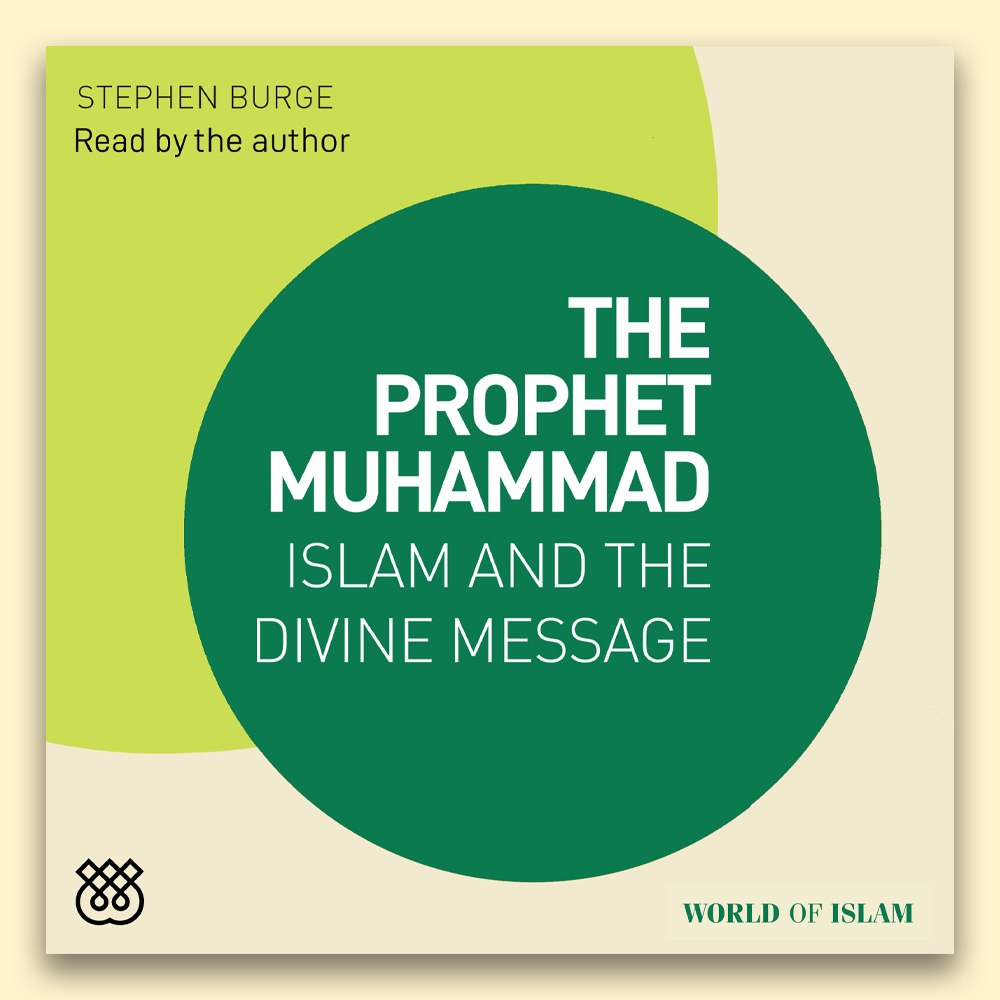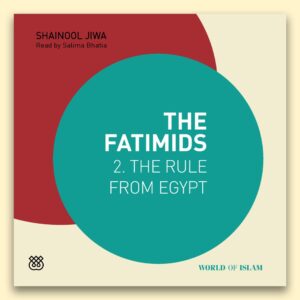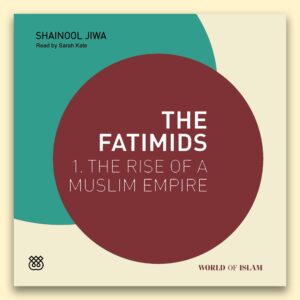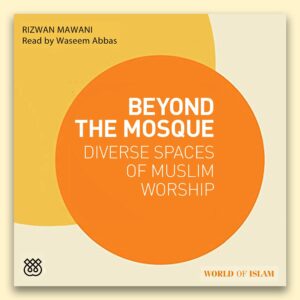The Prophet Muhammad
Islam and the Divine Message
by Stephen Burge
Chapter 3
Prophetic Past, Prophetic Future
In many religions, the life history of a founding figure is often incorporated into scripture. The GospelsThe Gospel (Ar. al-Injīl) is the message transmitted by Jesus. The word literally means ‘good news’ of Christ’s appearance in history. In the plural, it refers to the books composed…, for example, provide an account not only of Jesus’s teaching but also of his life. This is not the case in the Qur’an, which includes very few explicit references to Muhammad’s life. Instead, the Qur’an – understood to be God’s word – addresses Muhammad, both directly and indirectly. With this, and the historical and social context in which the Qur’an was revealed, we are still able to learn much from the Qur’an about the Prophet’s life. In particular, we can witness his interaction with the believing and disbelieving communities of his time, the various obstacles he faced while preaching, and even how he felt during his mission. However, most of what we know about Muhammad’s role as a prophet is presented in the Qur’an through the accounts of the prophets of the past. The Muslim vision of Muhammad’s prophethood is entwined with the lives and proclamations of the prophets of old, and vice-versa. Before we can appreciate this relationship, we must first understand why, according to the Qur’an, God sends prophets in the first place. And perhaps more importantly, what does God want to communicate?
The Qur’anic Worldview
In both the Bible and the Qur’an, God is the creator of the heavens and the earth, and all that exists within and between these realms. As the opening chapter of the Qur’an tells us, God is ‘Lord of the Worlds’ (Q 1:2), and as such, is sovereign of all creation. For Jews, Christians, and Muslims, God created the world for humans. We learn this in the Bible and the Qur’an through the story of Adam and his wife Eve (who is unnamed in the Qur’an). Adam and Eve enjoy the beauties and wonders of a paradise created for them, the Garden of Eden, until they are tempted by promises of wisdom and honour from a sentient being: the serpent in the account in Genesis, and a creature named Iblis in the Qur’an. For choosing to promote themselves and following their desires, rather than obeying God, Adam and Eve are expelled from the Garden.
In the Qur’an, God provides Adam and his descendants an opportunity to re-enter paradise, the Garden, after being tested during a mortal life. Unlike Christian theology, Islamic thought does not consider Adam’s sin to be passed on through the generations to every human, but instead every individual is given the opportunity to submit to God. This sense of personal moral and ethical responsibility in Islam can be seen in two key terms: the first is taklif, a word that describes the moral responsibility humans have for their own actions; and the second is taqwa, (meaning ‘God-consciousness’), which conveys the idea of humans being aware of God and what God wants from humanity. Combined, these concepts encourage individuals to respond to their moral obligations and to the message of God. As we will see, these two ideas are particularly important in the context of Muhammad’s preaching to the early Meccans, who he often accuses of acting in self-interest and dismissing the existence and judgement of God.
In the Qur’an, Adam is described as a khalifa (meaning a ‘vicegerent’ or ‘successor’) which points to the universal responsibility that Adam, and all of humanity, inherit. As God’s vicegerents on earth, humans are given a chance to praise and worship God and to practise the ethical values that the Qur’an espouses. This will culminate with the Day of Judgement, when the created world will come to an end and all individuals will be held accountable for their deeds and actions. The Qur’an encapsulates the beliefs and practices that God calls for in humans, as follows:
Virtue does not demand of you to turn your faces eastwards or westwards. Virtue rather is: He who believes in God, the Last Day, the angels, the Book and the prophets; Who dispenses money, though dear, to kinsmen, orphans, the needy, the traveller, beggars and for ransom; Who performs the prayer and pays the alms; Who fulfil their contracts when they contract; Who are steadfast in hardship, calamity and danger; These are the true believers. (Q. 2:177)
Excerpted from The Prophet Muhammad: Islam and the Divine Message by Stephen Burge. Copyright © Islamic Publications Limited, 2020. All rights reserved. No part of this excerpt may be reproduced or reprinted without permission in writing from the publisher.




